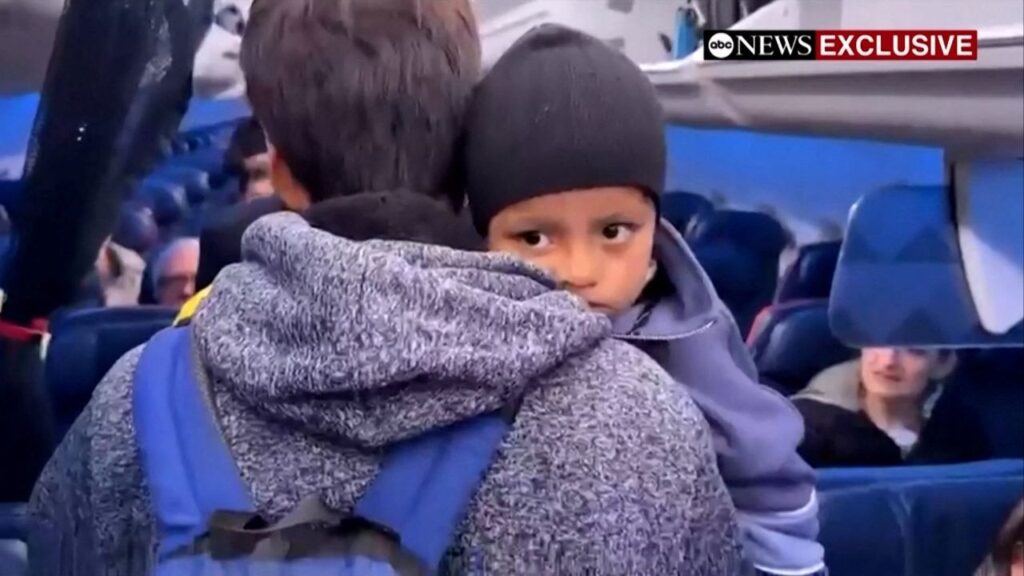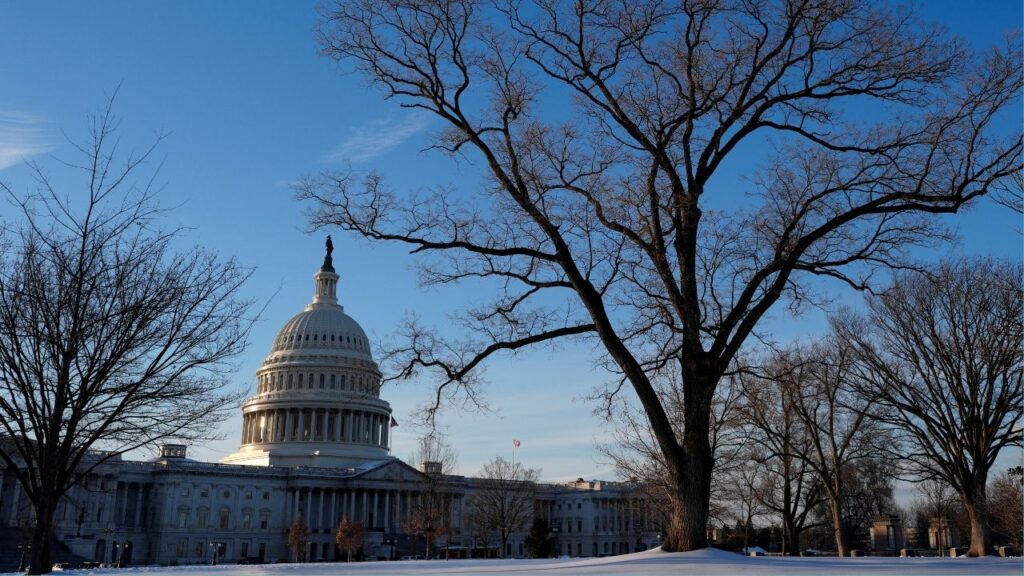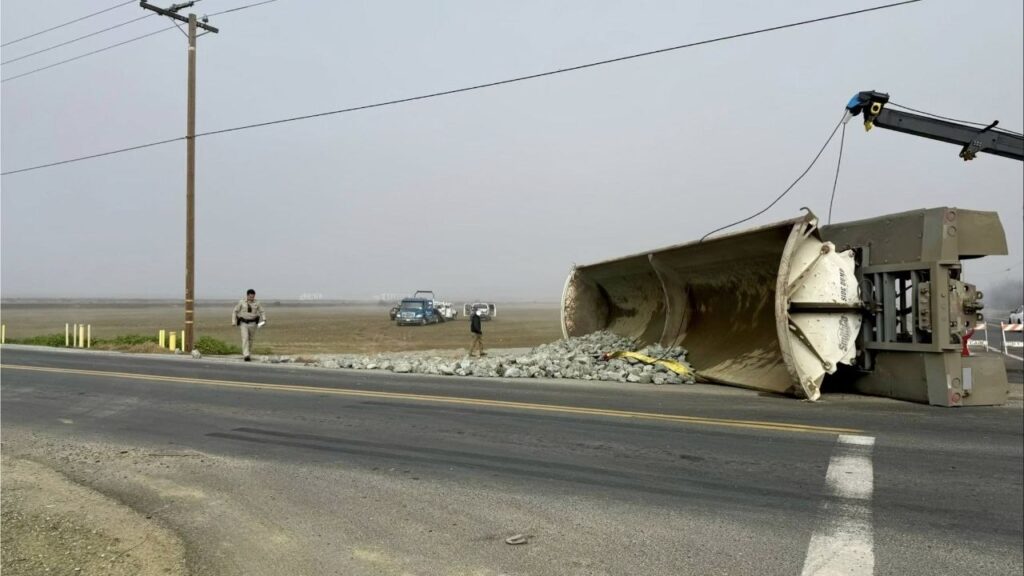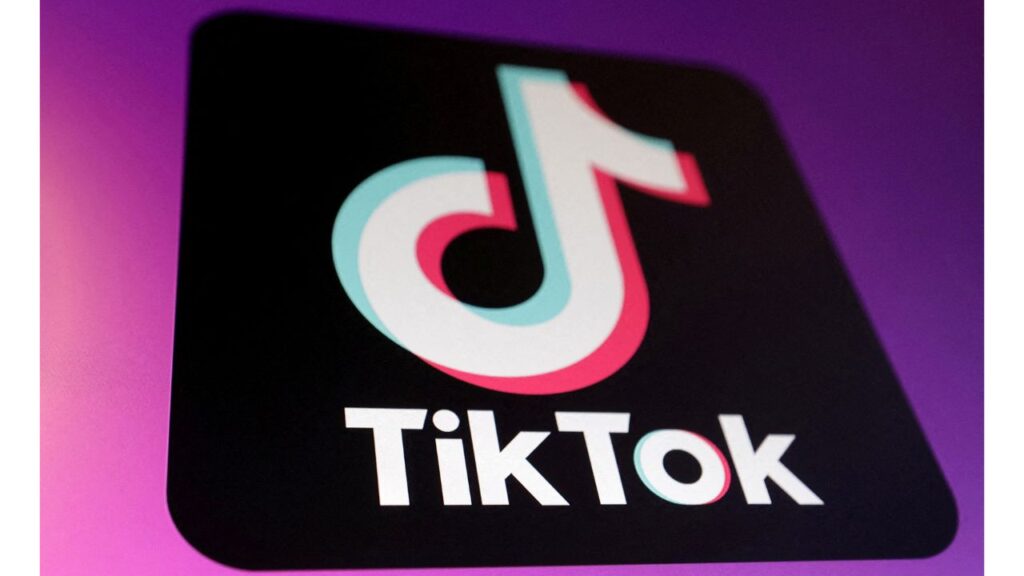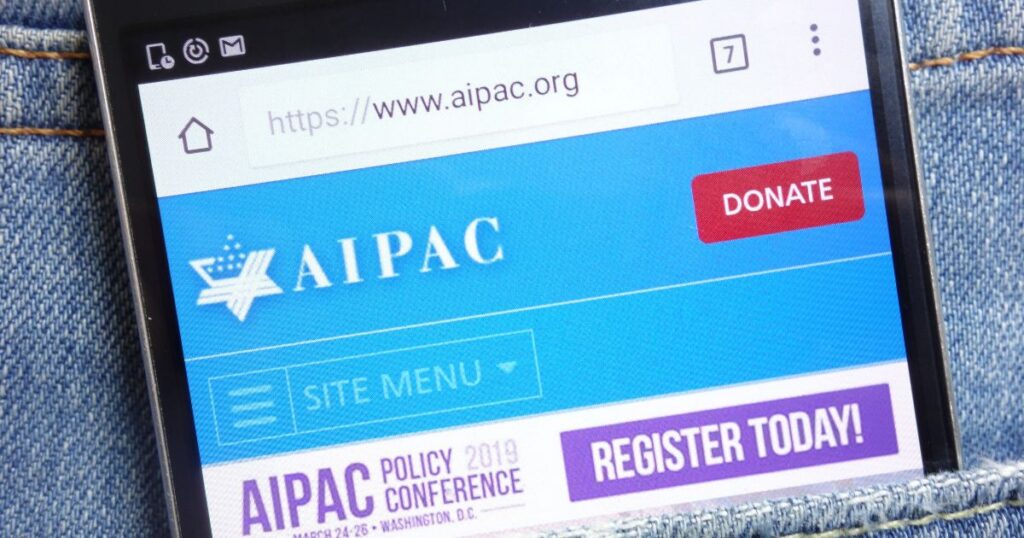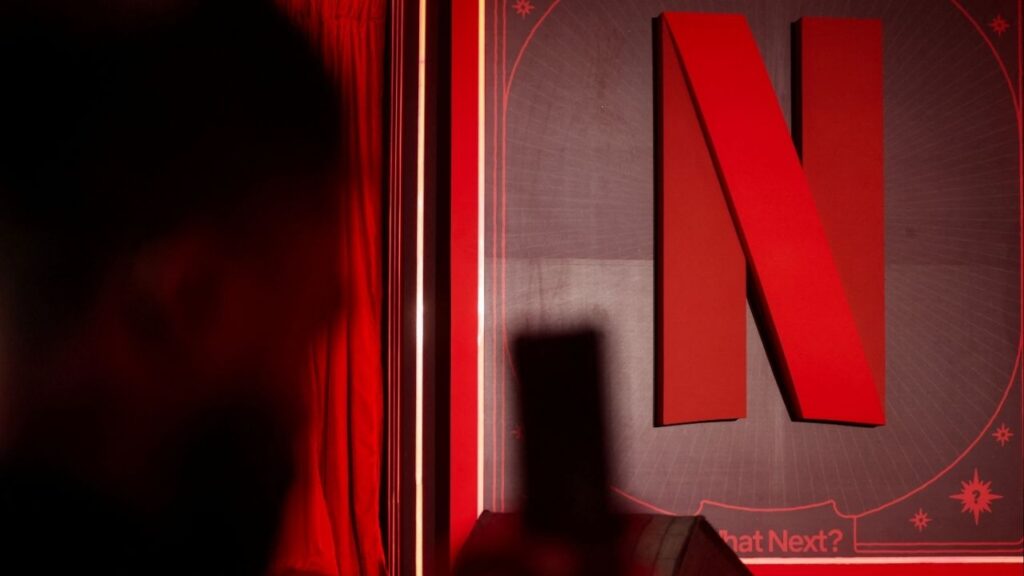Share
California health authorities reported Thursday a record 379 coronavirus deaths and more than 52,000 new confirmed cases as the crisis over care of the sick deepened.
The staggering new figures mean California has seen more than 1,000 deaths in the last five days and nearly 106,000 confirmed cases in just two days.
The pandemic death toll reached 21,860 in California, which has also seen the most cases in the nation with more than 1.7 million confirmed.
Many of the state’s hospitals are now running out of capacity to treat the severest cases, and the situation is complicating care for non-COVID patients.
“It’s pretty much all COVID,” said Arlene Brion, a respiratory therapist at Fountain Valley Regional Hospital in Orange County, where she’s assigned six or seven patients rather than the usual one to three. “There’s probably two areas that are clean but we’re all thinking eventually it’s all going to be COVID.”
The massive rise in infections began in October and is being blamed largely on people ignoring safety measures and socializing with others. More recently, health officials said they’ve seen cases stemming from gatherings during Halloween and Thanksgiving and have pleaded with residents to avoid getting together with people from other households over Christmas and New Year’s.
Based on the science of transmission of COVID-19, the “devastation we are experiencing now” is due to infected people being in close or direct contact with another person or group long enough to infect them, said Dr. Muntu Davis, the Los Angeles County health officer.
California Had 83 Patients in Five Alternative Care Facilities on Thursday
Amid the surge, San Diego County suspended enforcement of COVID-19 restrictions on restaurants and live entertainment establishments after a judge extended his order protecting two strip clubs from a state shutdown order and indicated the ruling applied more broadly. Restaurants were trying to sort out whether they could seize the opportunity to reopen to diners.
Amy Arlund, a nurse at the COVID-19 unit at the Kaiser Permanente Fresno Medical Center, said it takes counseling for her to be able to show up for work every day, and she is frustrated that her community is again going through a surge of infections.
“We’re treated like we’re expendable,” she said. “We’re supposed to be the most trusted profession in the United States, and if we are so well trusted, why aren’t people listening to us?”
California had 83 patients in five alternative care facilities on Thursday, including a former NBA arena in Sacramento and two state-run developmental centers, with immediate room for 30 more. Another 1,555 beds were in what state officials are calling “warm status,” meaning they can be ramped up within days to receive patients, expected to be at the skilled nursing level of care.
“It’s a combination of both hospital overflow and skilled nursing overflow,” said Brian Ferguson, a spokesman for the Office of Emergency Services, with the need varying by location. He couldn’t say if any have tested positive for the coronavirus, citing patient privacy laws.
State officials also are continuing to talk with the Defense Department about using the staff from the USNS Mercy hospital ship, even if they don’t use the ship itself, Ferguson said, but the state has made no formal request. The Mercy was brought to Los Angeles for a time early in the pandemic to take pressure off hospitals by handling non-COVID cases.
San Francisco Will Require a Mandatory Quarantine of 10 Days
In San Francisco, public health director Dr. Grant Colfax said Thursday a travel quarantine is being ordered due to the high number of cases in other parts of the state and country. The city is averaging a record high of 242 new cases a day, although the rate of increase has “slowed just a bit,” meaning there’s still time to turn the “dire situation” around, he said.
San Francisco will require a mandatory quarantine of 10 days for anyone coming to the city from outside the 10-county San Francisco Bay Area. The order also discourages non-essential travel within the region. It goes into effect Friday and expires Jan. 4.
The travel quarantine exempts medical professionals, first responders, and government and other essential workers traveling for essential purposes. People traveling because they need medical care or ordered by a court are also exempt.
Brion, the respiratory therapist at Fountain Valley, said patients seem to be arriving much sicker than earlier in the pandemic.
“This is probably the worst that I’ve seen with this virus,” she said. “It’s hard to see because we know all these patients are eventually not going to do well.”
Arlund, the Fresno nurse, described heartbreaking scenes.
“We have to watch these patients suffer in terrible ways and they suffer in isolation and alone because it’s the only way that we can prevent their family members and visitors from getting this virus,” she said.
RELATED TOPICS:
Categories
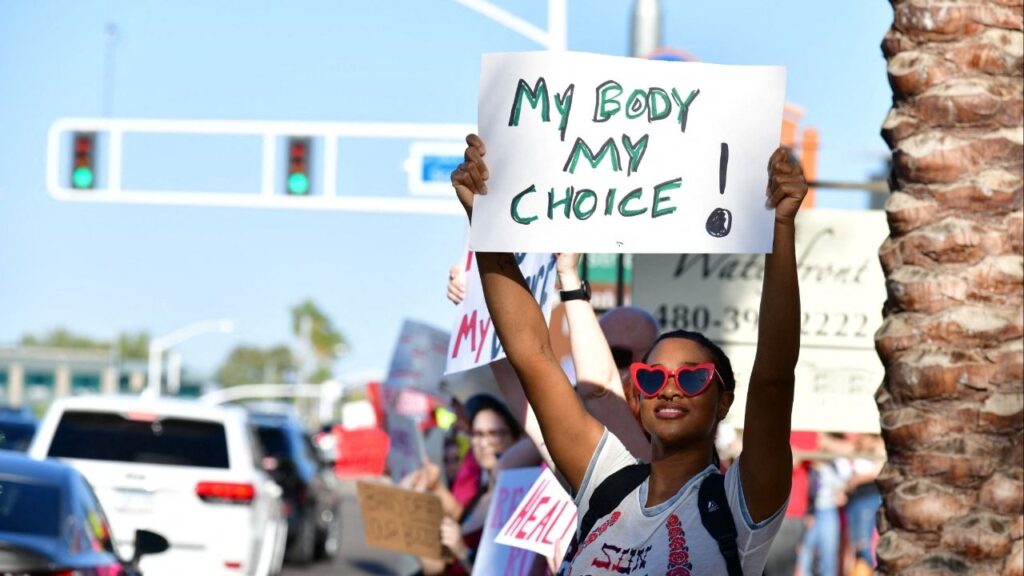
Arizona Court Strikes Down Abortion Restriction Laws
